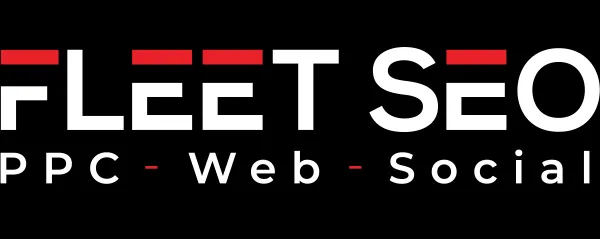
What Is PPC? Learn the Basics of Pay-Per-Click (PPC) Marketing
Hey there, fellow vehicle rental pros! We know running a successful vehicle rental agency means juggling a million things. From managing your fleet to ensuring top-notch customer service, your plate is always full. That's why we're here to simplify your marketing efforts, specifically when it comes to Google Ads.
Maybe you've heard the buzz about "PPC" or "Google Ads AI" and wondered how it all fits into your business. Don't worry, we're here to break it down in a friendly, easy-to-understand way.
What's This "PPC" Thing Anyway?
Let's start with the basics. PPC stands for Pay-Per-Click. Think of it as paying for targeted visits to your website. Every time someone clicks on your ad, you pay a small fee. The beauty of PPC is that when done right, the return on investment can be huge.
Imagine this: You pay a small fee for someone to click on your ad, and that click leads to a rental booking. That's the power of PPC.
These ads come in all shapes and sizes—text, images, videos—and can appear on search engines like Google, websites, and even social media. One of the most effective forms of PPC is search engine advertising, where your ads show up when people search for vehicle rentals in your area. Google Ads is the most popular PPC advertising system.

How Does Google Ads Fit In?
Now, let's talk about the exciting part: Google Ads. Google is constantly evolving its advertising platform, and artificial intelligence is at the heart of these advancements. AI helps you optimize your campaigns, making them more effective and efficient.
Essentially, Google's AI automates and refines many aspects of your PPC campaigns. Ad placement and the cost per click are determined algorithmically based on factors like budget, bid, campaign settings, and ad quality and relevance.
How does PPC advertising work
Here's a simplified look at how PPC advertising works with Google Ads:
Choose your campaign type: Based on your goals (e.g., more website visits, more bookings), select the appropriate campaign type.
Refine your settings and targeting: Define your ideal audience (location, demographics, interests), the devices they use, and your advertising schedule.
Provide your budget and bidding strategy: Determine how much you're willing to spend and how you want to bid for ad placements. Google Ads AI can help you choose the right bidding strategy to maximize your results.
Input your destination URL (landing page): Direct users to a specific page on your website where they can take action (e.g., book a car).
Build your ad: Create compelling ad copy and visuals that entice users to click.
Tips for Success with Google Ads
Keyword Research: Continuously add relevant keywords that potential customers might use when searching for vehicle rentals.
Landing Page Optimization: Ensure your landing pages are user-friendly and make it easy for visitors to book a car.
Ad Group Structure: Split your campaigns into organized ad groups to target specific types of vehicle rentals or customer segments.





